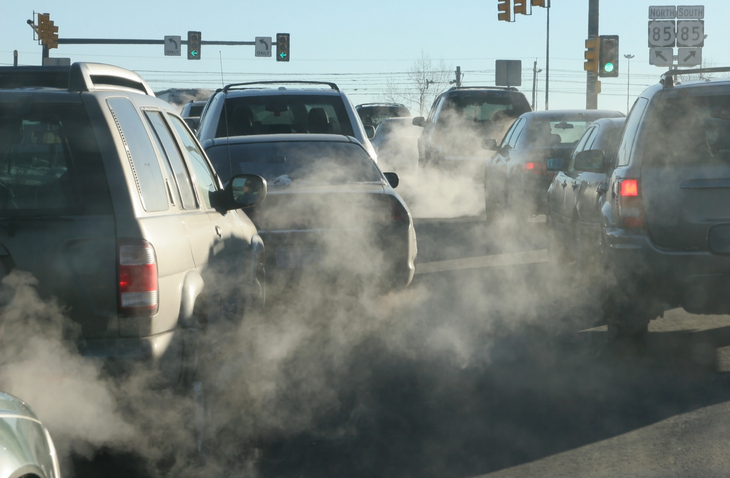The Center for Law, Energy, and the Environment (CLEE) at Berkeley Law last month, in conjunction with the Emmett Institute on Climate Change and the Environment at UCLA Law, issued Driving Equity, a new reportaimed at presenting important policy solutions to make California’s switch to electric vehicles more realistic for lower income citizens. Topping their list of priorities was offering more rebates and incentives for lower-income car owners, enhancing funding and groundwork for charging stations, and offering financial assistance to greater outreach for community-based …
Continue Reading









